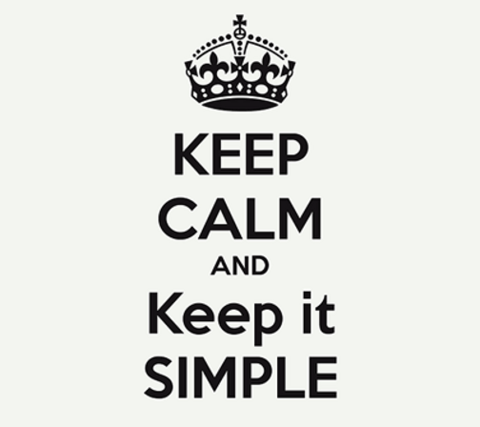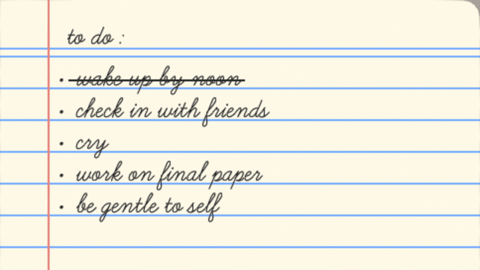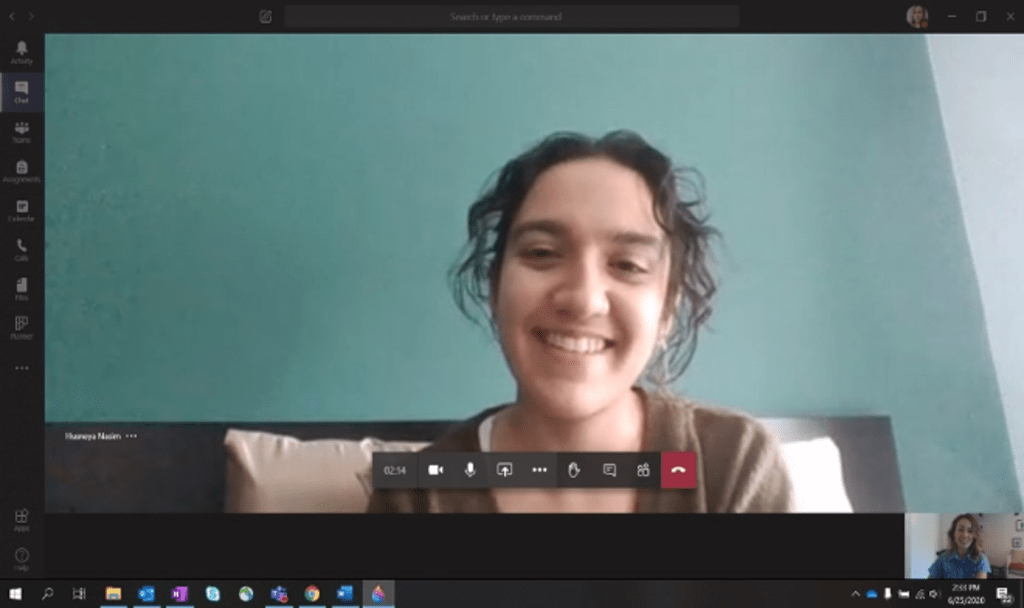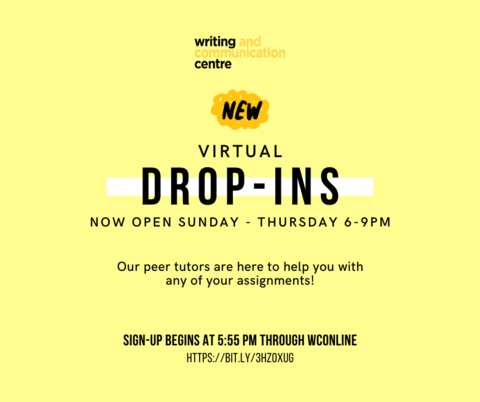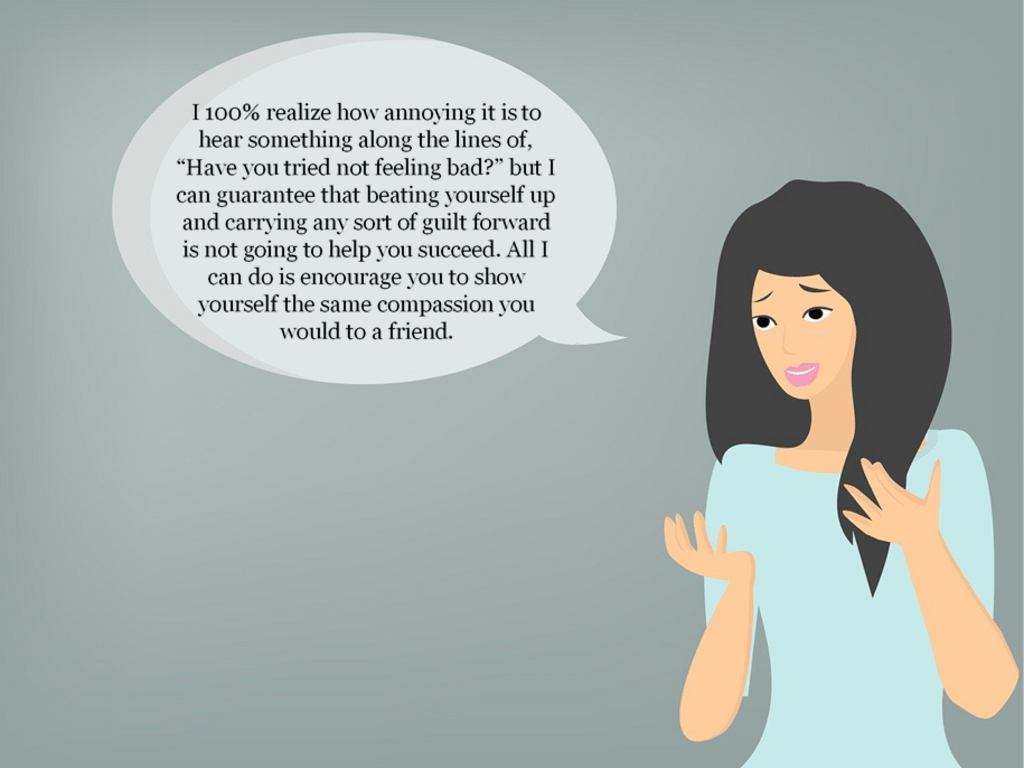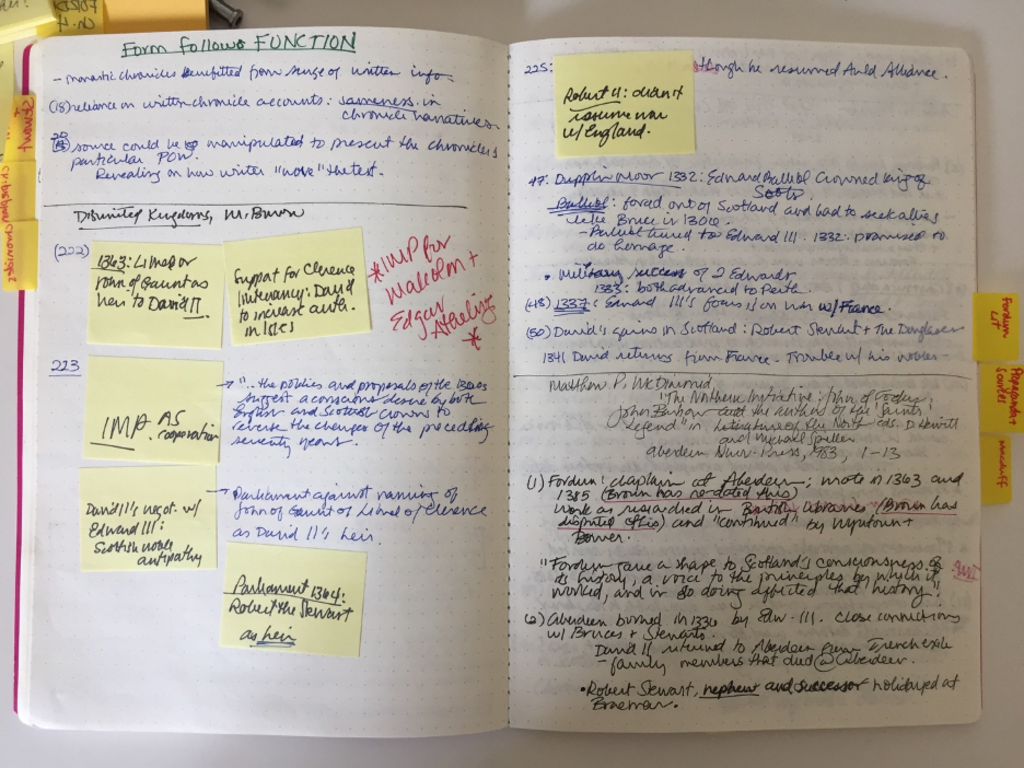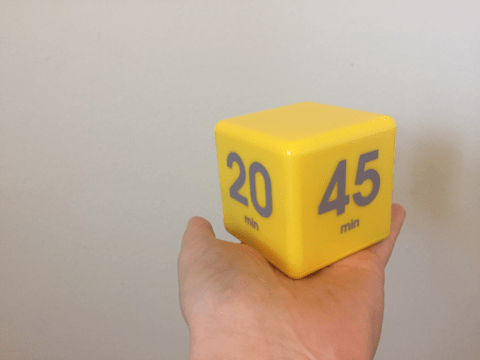How to Use the Bullet Journal as a Goal-Setting Tool
The September cover page.
Need a creative way to keep track of your online courses? Consider breaking out your bullet journal (or BuJo for short) to lessen the blue light strain on your eyes and to plan your goals effectively using the good ol’ pen and paper.

